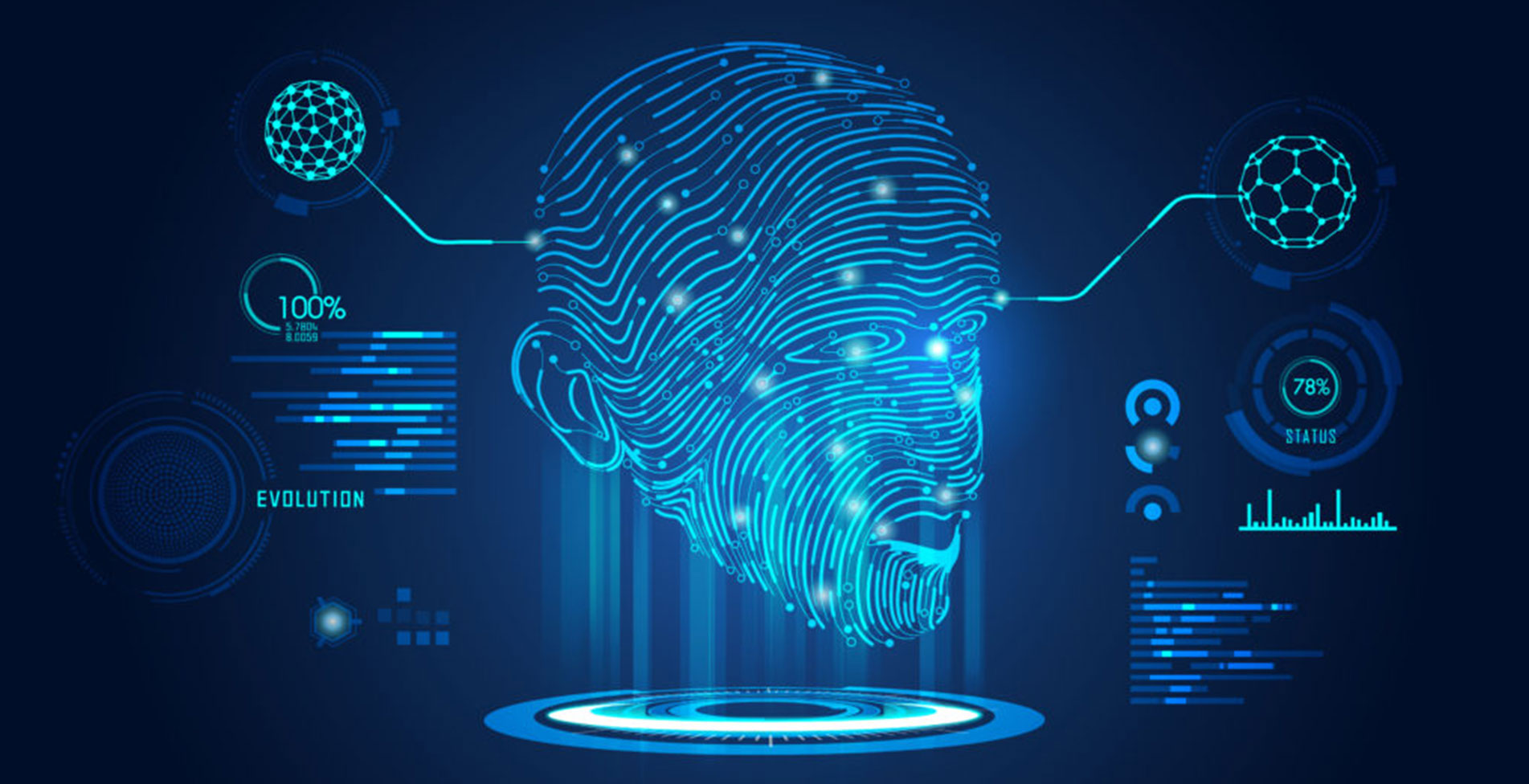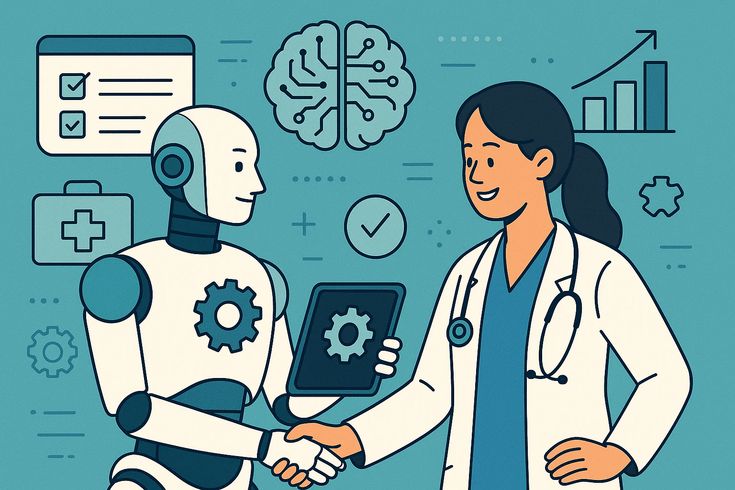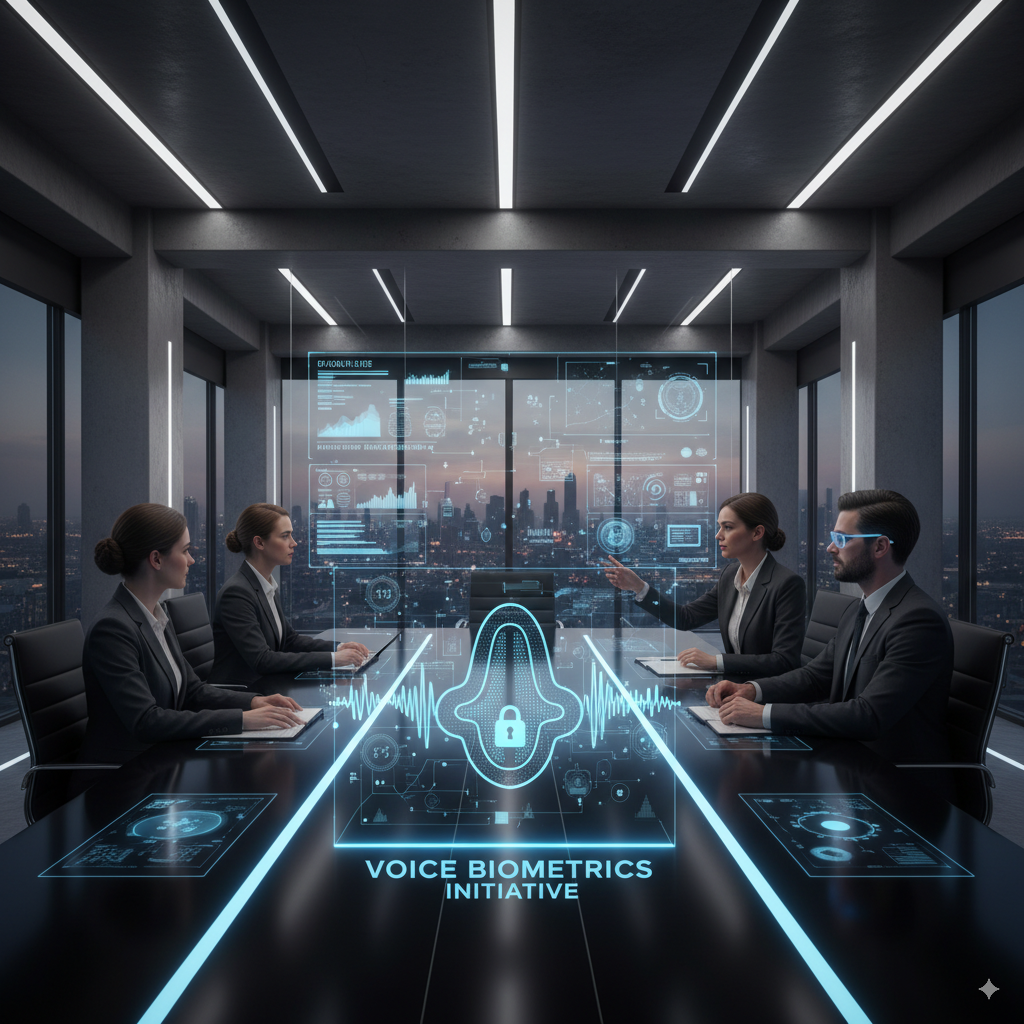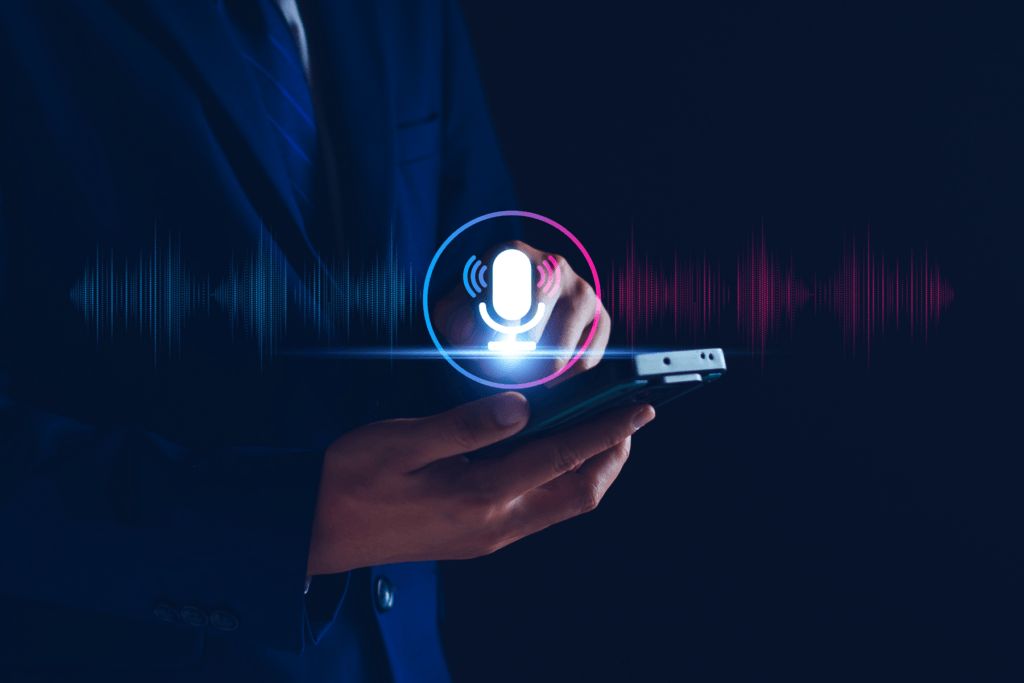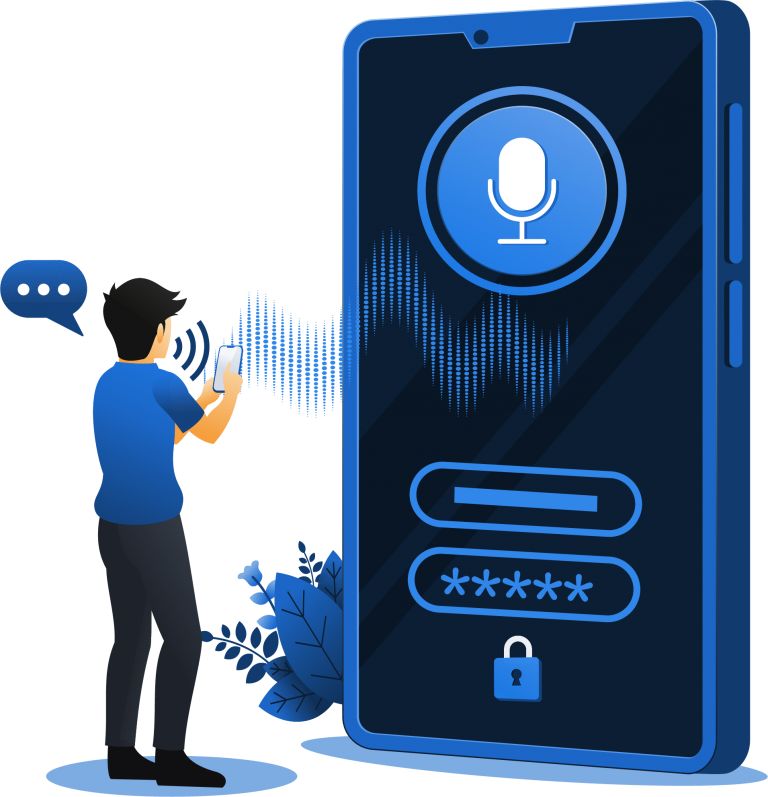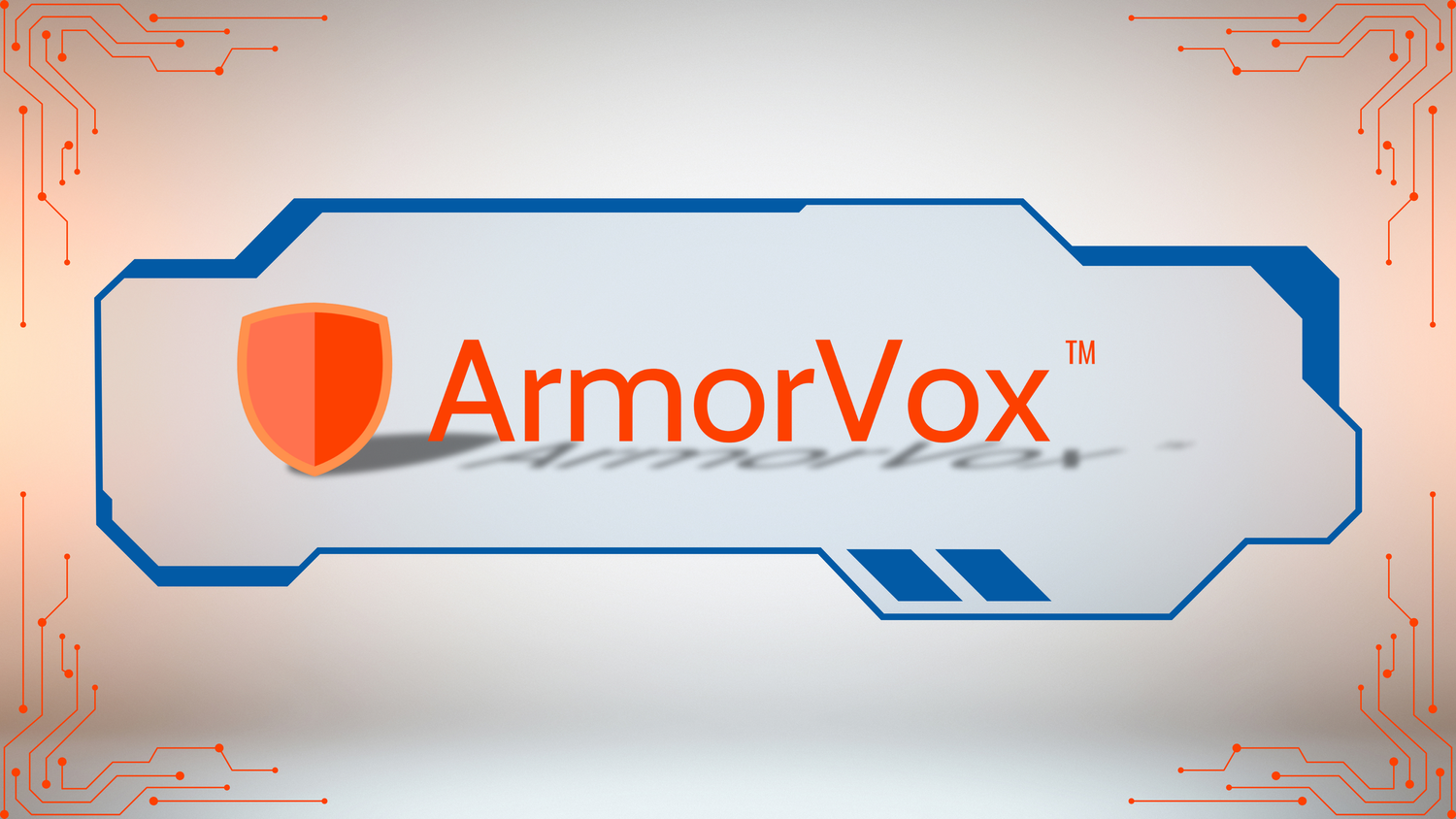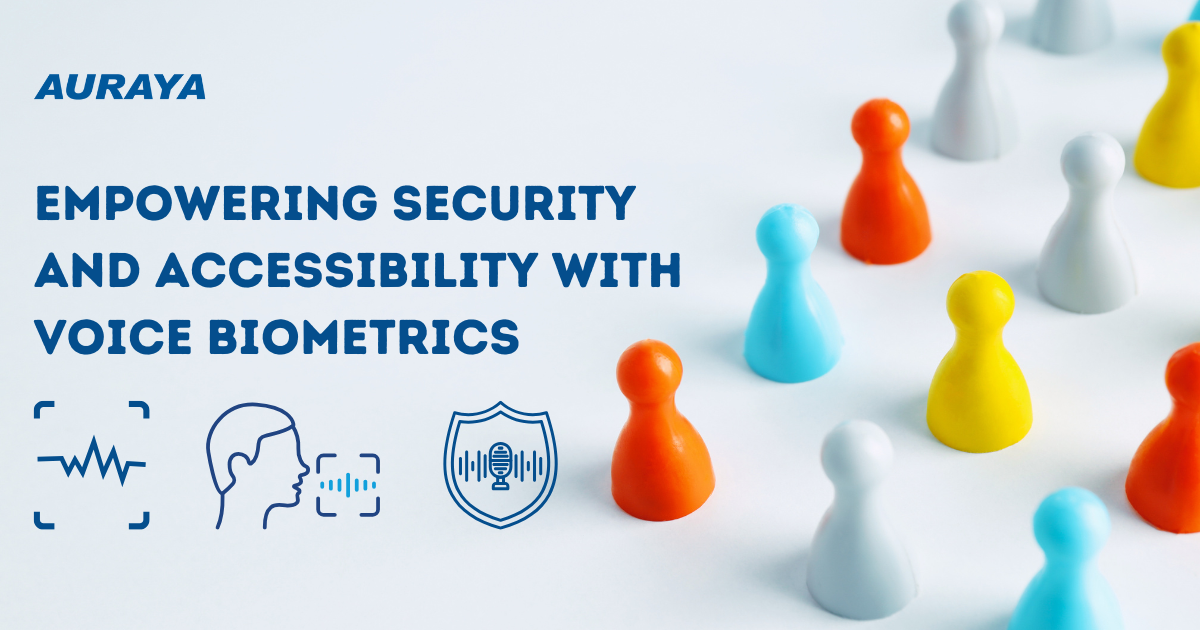Healthcare today is more connected than ever. Patients are accessing records online, doctors are sharing information across networks, and telehealth appointments are becoming part of everyday care. While this digital shift improves efficiency and convenience, it also introduces new risks. Patient data is one of the most sensitive forms of personal information, and if it falls into the wrong hands, the consequences can be devastating.
Protecting patient privacy is no longer just a regulatory requirement; it is essential to maintaining trust between healthcare providers and the people they serve. Traditional security tools are no longer enough on their own. Modern threats require modern solutions, and one of the most effective tools available is voice biometric or voice identity verification.
Why Patient Privacy Matters So Much
Medical records contain far more than just health history. They often include identification details, insurance information, and financial data. Criminals target this information because it can be used for identity theft, fraudulent claims, and even illegal resale on the dark web.
Beyond financial damage, privacy breaches can deeply harm the doctor–patient relationship. If patients do not feel confident their data is secure, they may withhold information or avoid using digital health services altogether. This affects the quality of care and slows down innovation in healthcare delivery.
The Challenges of Securing Patient Data
Healthcare providers face unique challenges when it comes to protecting privacy. Unlike other industries, hospitals and clinics must manage access for a wide range of people, including doctors, nurses, administrative staff, and external specialists. Each interaction with patient data is a potential entry point for unauthorized access if not properly secured.
The growth of telehealth also adds complexity. Patients are now logging in from home or calling in for consultations, which means secure remote authentication is just as important as security inside the hospital network.
What is Voice Biometrics?
Voice biometrics is a technology that uses the unique features of a person’s voice to confirm their identity.
When patients speak a simple phrase, advanced systems analyze hundreds of characteristics such as pitch, rhythm, and tone to verify authenticity. This process happens in seconds, making it both secure and convenient.
Key features include:
- Uniqueness – Every person’s voiceprint is different.
- Ease of use – Patients simply speak naturally; no codes or tokens are needed.
- Security against fraud – Modern systems can detect recordings or synthetic voices, protecting against impersonation attempts.
How Voice Biometrics Protect Patient Privacy
Integrating voice biometric authentication into healthcare systems provides multiple layers of protection that go beyond traditional methods.
- Safer Access to Health Records
Patients can securely log into portals or mobile apps using their voice. This eliminates the need for complicated login steps and ensures only the rightful person gains access. - Stronger Protection During Calls
Many healthcare interactions still happen over the phone. Voice authentication verifies patients quickly and safely, preventing impersonators from accessing sensitive details. - Securing Telehealth Sessions
As telemedicine grows, confirming patient identity remotely becomes crucial. Voice biometrics makes this process seamless for both patients and providers. - Reducing Administrative Burden
Healthcare staff no longer need to spend time asking multiple verification questions. With quick voice checks, workflows remain efficient while maintaining high security.
Auraya’s advanced voice biometric solutions are designed to protect sensitive healthcare data while making patient access simple and secure.
Building Trust Through Better Security
Trust is at the heart of every healthcare relationship. When patients know their voice protects their privacy, they feel more comfortable using digital health services. This encourages adoption of new tools like online portals, virtual consultations, and automated support systems.
For healthcare organizations, strong privacy protection also ensures compliance with strict regulations around patient data. Beyond compliance, it helps build a reputation as a provider that prioritizes security and patient care equally.
Conclusion
As healthcare continues to embrace digital innovation, protecting patient privacy must remain a top priority. Sensitive information, if exposed, can lead to identity theft, fraud, and a breakdown of trust between patients and providers. Traditional security methods alone are not enough to meet today’s threats.
Voice identity verification offers a smarter, safer, and more convenient way to safeguard patient data. By using the natural uniqueness of each voice, it prevents unauthorized access, strengthens telehealth interactions, and reduces the risks of impersonation.
For patients, this means peace of mind. For providers, it means compliance, efficiency, and a stronger bond of trust. With voice identity verification, healthcare can move forward with confidence, ensuring privacy is never compromised in the pursuit of better care.
Learn more about how Auraya’s voice identity verification can enhance patient privacy and support secure digital healthcare. Contact us today to find out how we can tailor a solution for your organization.

